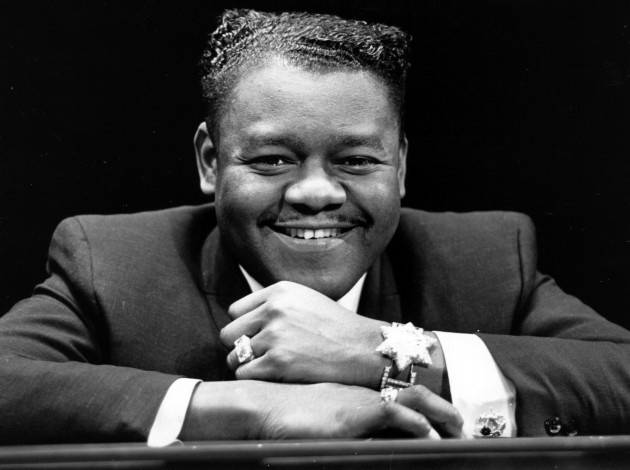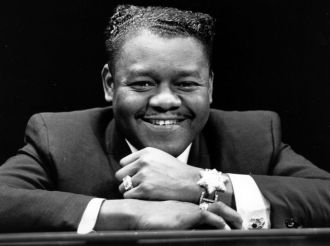"Fats" Domino
Date & Place:
Not specified or unknown.


 Kathy Pinna
Kathy Pinna  AncientFaces
AncientFaces  ValerieDaSilva Curtiss
ValerieDaSilva Curtiss 
